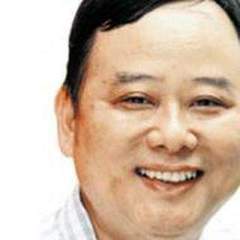China to impose strict measures on tuition centres to allay anxiety over education
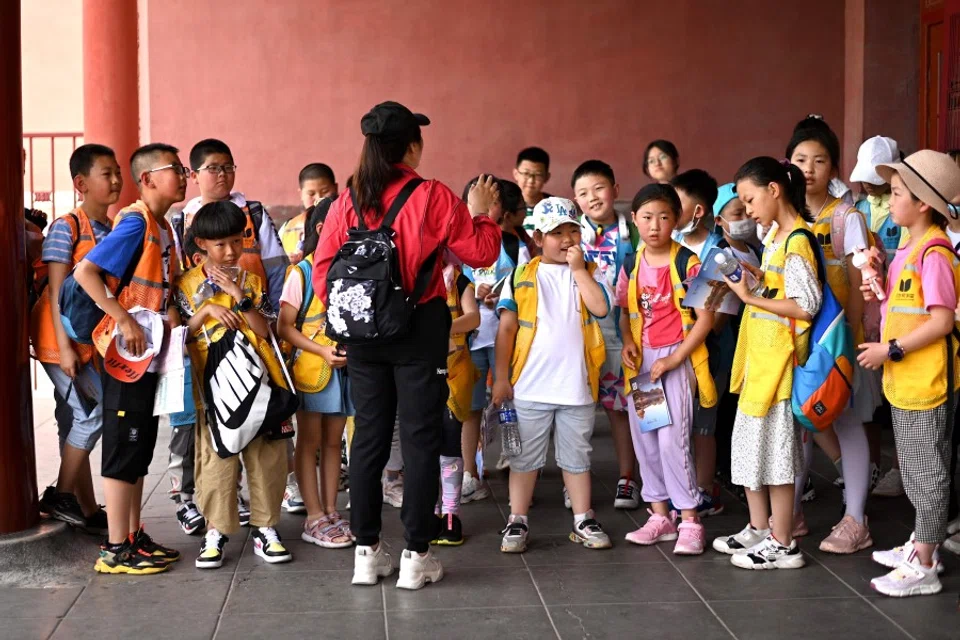
Two days ago, Chinese authorities issued a set of guidelines to reduce the burden of excessive homework and off-campus tutoring for students undergoing compulsory education (《关于进一步减轻义务教育阶段学生作业负担和校外培训负担的意见》, henceforth "Guidelines"). Public opinion thinks that this is by far the strictest set of "double reduction" orders that would deal a big blow to various off-campus training institutions or tuition centres, and effectively alleviate society's anxiety over education.
For a long time, the motto of most Chinese parents has been to ensure that their child will not "lose at the starting line of the race". But due to the fact that quality education resources are limited, this motto has also become the source of anxiety among parents.
The anxiety of Chinese parents is marked by two main characteristics: one, families of all social classes are anxious - not only the ordinary people, but also those of middle and higher incomes; and two, even before their child is born, parents are already anxious about how they can enrol their child into a better pre-school, primary school, and secondary school.
They are forced to give up on their much needed playtime to shuttle through various training institutions after school and during the holidays so that they can become more powerful "examination machines".
To ensure that their children would enter better schools, apart from paying close attention to their results in school, parents are also spending big bucks on sending their children to various off-campus training institutions to learn ahead of the curriculum. Over the past few years, various training institutions have sprung up in China and a lot of capital has been poured into these institutions, which are earning huge profits. This anxiety over education has become an endless source of capital.
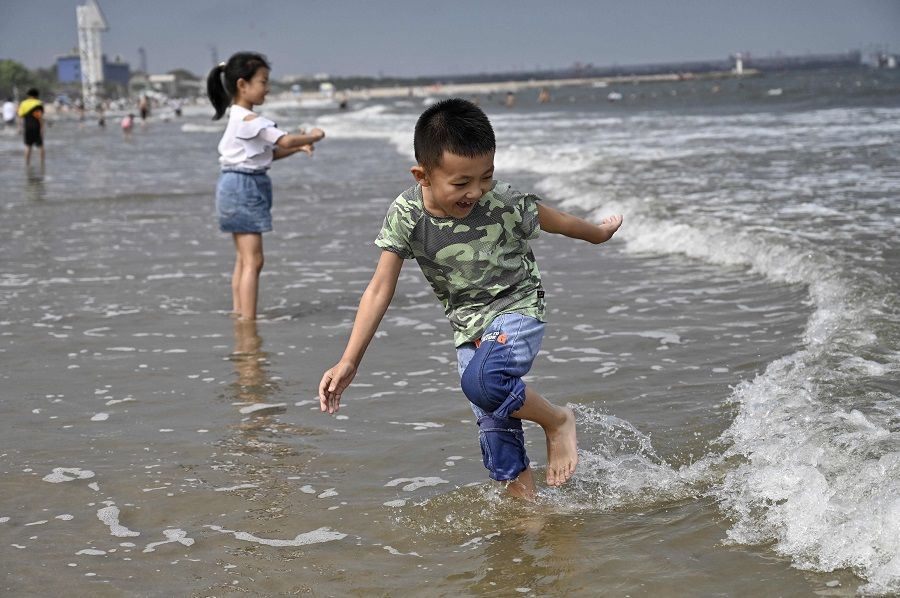
Students have also become the victims as a result. They are forced to give up on their much needed playtime to shuttle through various training institutions after school and during the holidays so that they can become more powerful "examination machines". Otherwise, they would lag behind their competitors and lose the chance to get onto a better platform.
The authorities have wanted to reduce the burden on students and promote fair education for a long time, but the effects have not been great. On the contrary, it seems as if students' burdens are increased with each effort to ease the burden, and education did not become fairer as well. The "involution" of education has instead become a social consensus.
According to China's new census results released in May, China's birth rate is in decline and an increasing number of young couples do not wish to have children. An important reason for their reluctance to have children is because of the high cost of education, and the burden on students and parents. Simply put, they "dare not" give birth and "cannot afford" to have kids.
Clearly, the anxiety over education has long surpassed education itself. Education is not only one of the "three mountains" (education, health, and housing) weighing down on the Chinese, but also a major social issue concerning the future and destiny of the country.
...for primary three to six students, written homework should be managed in an average of not more than 60 minutes, or 90 minutes for lower secondary students. Schools have to provide after-school student care services ending no earlier than normal working hours...
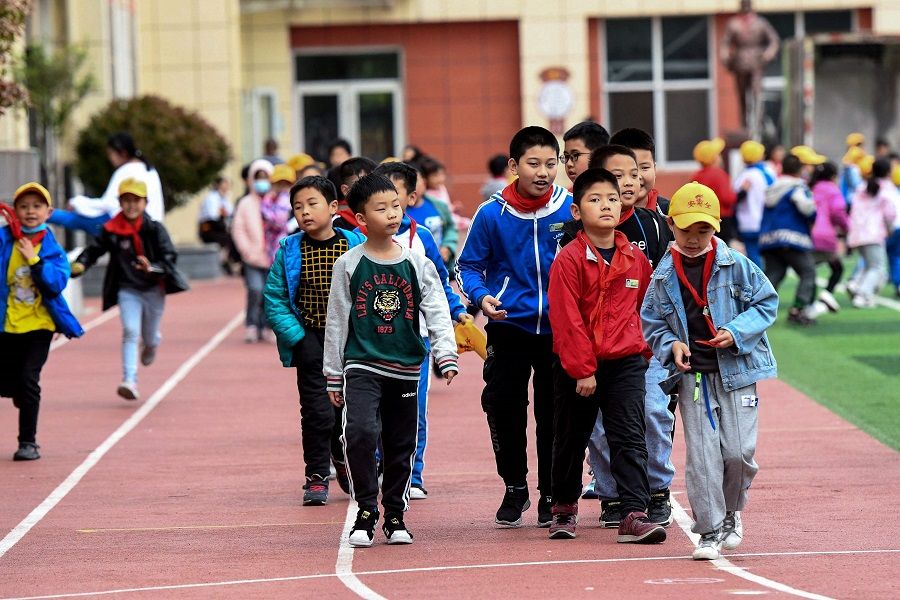
The Guidelines include 30 measures to rein in the education sector. Compared with similar policies issued by the Ministry of Education in the past, this set of guidelines is jointly issued by the General Office of the Communist Party of China Central Committee and the General Office of the State Council. It is not only more authoritative but can also better mobilise all levels of government to ensure the thorough execution of the Guidelines. At the same time, the Guidelines are very specific in terms of its overall requirements and working principles and goals, and has strong operability.
The overall objective of the initiative is to effectively reduce the burden of excessive homework and off-campus training for students, family expenditure on education and the corresponding burden on parents within one year, and to achieve significant effects within three years.
The main points are: schools are to ensure that primary one and two students do not get written homework to be done at home, but can arrange for appropriate assignments to be done in school; for primary three to six students, written homework should be managed in an average of not more than 60 minutes, or 90 minutes for lower secondary students. Schools have to provide after-school student care services ending no earlier than normal working hours; also, strict checks will be conducted and if teachers are found holding supplementary off-campus classes, their teaching eligibility may be revoked.
...local governments will stop approving new off-campus curriculum-based tutoring institutions for students in compulsory education, and existing institutions shall be registered as non-profit institutions.
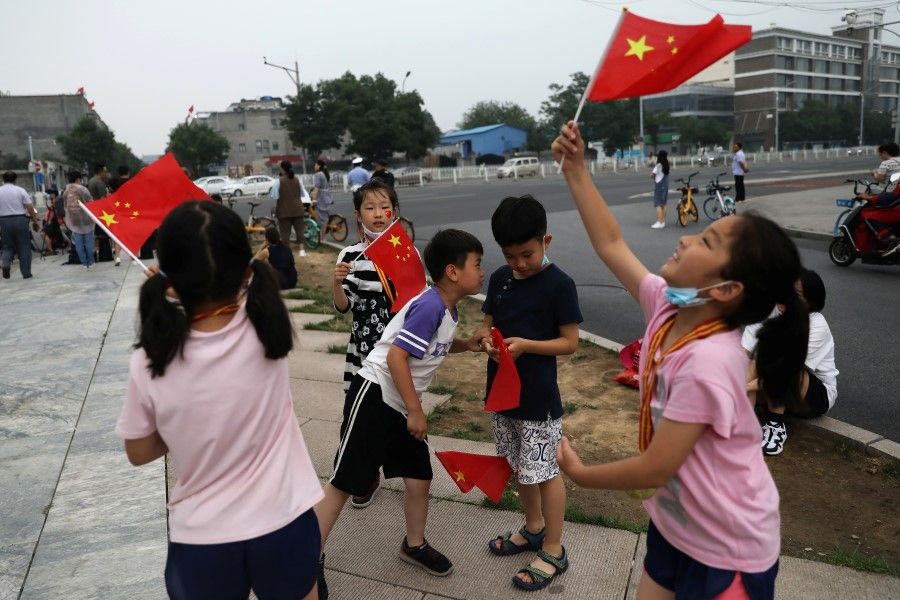
The Guidelines also propose unprecedented strict measures on tutoring institutions. The main points are: local governments will stop approving new off-campus curriculum-based tutoring institutions for students in compulsory education, and existing institutions shall be registered as non-profit institutions. Online curriculum-based tutoring institutions that have submitted their applications would be subjected to new approval procedures; curriculum-based tutoring institutions are not allowed to go public for financing, and for-profit operations are not allowed; listed companies should not invest in curriculum-based tutoring institutions; foreign investors cannot have a controlling or participating share in such institutions; advanced curriculum-based tutoring will not be allowed; non-curriculum tutoring institutions are not allowed to conduct curriculum-based tutoring; no overseas education courses will be allowed; and off-campus tutoring shall not be taught on national festivals and holidays, or during the winter or summer holidays.
The rules above reduce students' burden by limiting their schoolwork and extending school care hours, so that parents no longer have to rush to pick up their children after work. More importantly, the funds going towards tutoring will be limited as never before. On 23 July, the share prices of US-listed tutoring businesses like New Oriental and TAL Education Group (formerly Xueersi) dropped sharply, indicating that funds will have to be pulled out of the sizeable education and tutoring sector.
In fact, abundant promotion and clamorous competition among the tutoring businesses have indeed added to parents' anxiety over education. For example, one company has an advertisement that says: "If you come, I will train your child. If you don't, I will train your child's competitors."
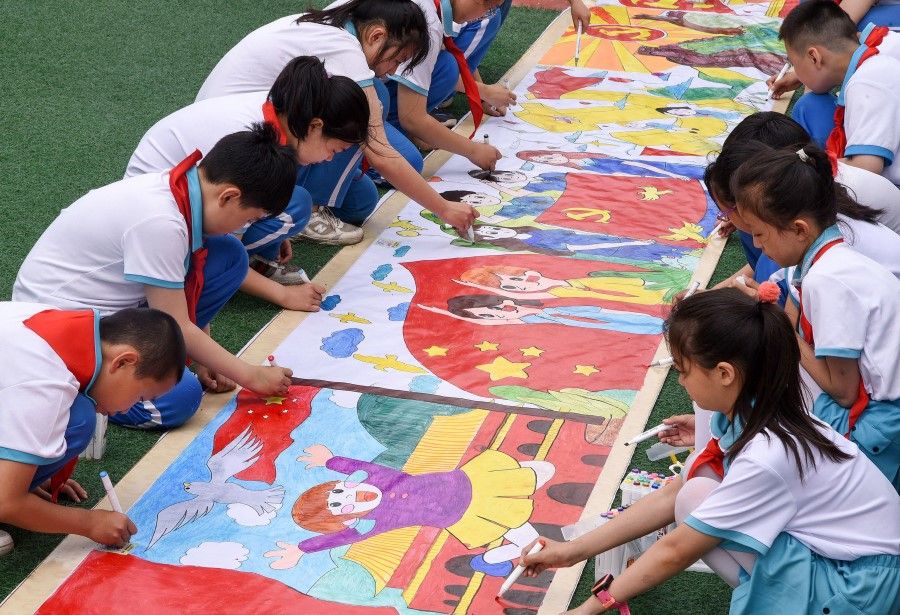
The Guidelines may ease "involution" and anxiety in education, and change longstanding abnormalities in the education sector - students working late into the night and still being unable to complete their homework; teachers getting students and/or parents to correct students' assignments on their own; parents blindly signing their children up for tutoring classes, so that children have no time to rest; and schools and teachers taking tutoring fees on the quiet.
However, some people are also worried that off-campus tutoring institutions might just continue their act under a new guise, and package curriculum-based courses as "quality education" courses - such as getting a math teacher to teach art, or a foreign language teacher to teach physical education - so that tutoring classes go underground.
At the same time, the "involution" and anxiety in China's education sector is not just a heavy burden on students and parents, or a surface issue of a lack of restrictions on off-campus tutoring institutions. Behind it are also factors such as unequal distribution of education resources, an insufficient assessment framework for education, the gaokao or national university entrance exam system that looks set to last for a long time yet, and parents' high expectations of their children. These factors will not go away in a few years by just releasing a couple of documents.
